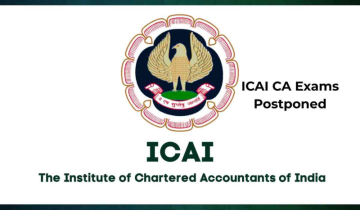India's school system is one of the biggest in the world, and the way it handles data has been criticised. Data gathering and analysis are growing in importance in shaping policies and outcomes in education. But India's outdated and broken data standards make things very difficult. A comprehensive report on these issues was produced by the Aapti Institute and Mozilla with funds from USAID.
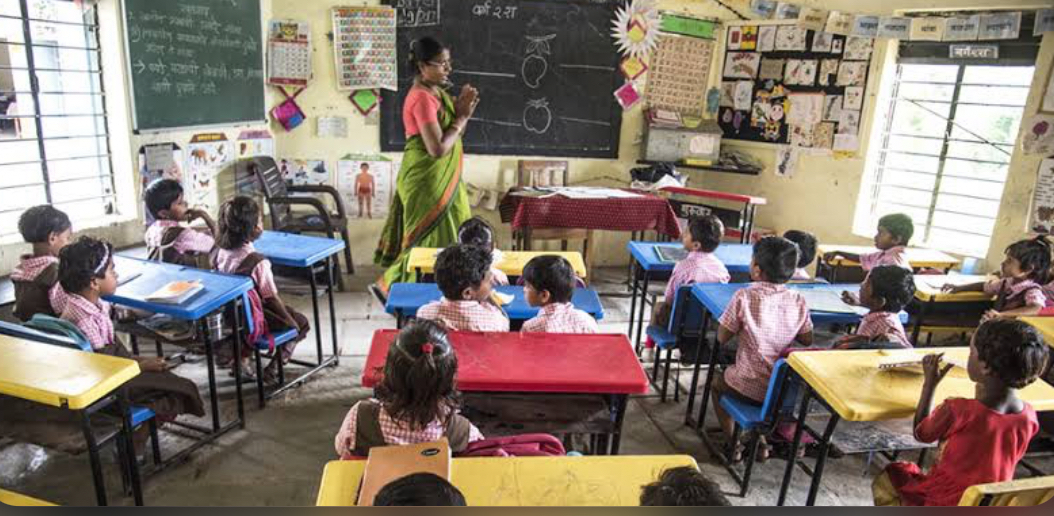
The Importance of Data in Education
- Data-Driven Decision Making: Today's school system relies heavily on data-driven decisions. Policymakers, teachers, and administrators use data to assess the current state of the education system, find areas that need change, and come up with ways to fix those problems. Trustworthy data can help make policies work better, allocate resources more efficiently, and boost school outcomes.
- Tracking Progress and Who's Responsible: Tracking success over time is possible with data collection, which lets stakeholders figure out how well educational interventions are working. Also, it encourages accountability by making information about school success, teacher effectiveness, and student outcomes clearly available.
- Personalised learning: Using data, we can give each student a more personalised learning experience. By looking at individual student performance data, educators can identify each student's strengths and weaknesses, adapt their lessons to meet those needs, and give each student the help they need to achieve.
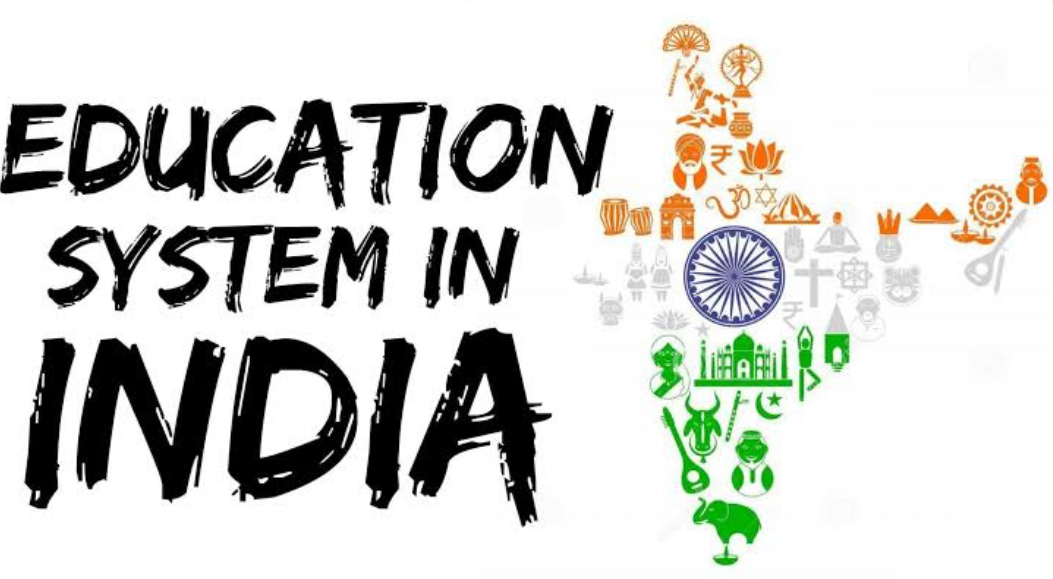
The current state of data practices in India's education system
- Fragmented Data Collection: Multiple bodies and authorities collect data at different times, leading to inconsistencies and duplication.
- Manual Data Entry and Paper-Based Records: The current data collection model is labour-intensive and prone to errors and inefficiencies.
- The Digital Divide: Limited access to technology and internet connectivity in rural and underprivileged regions leads to data gaps, skewed policy decisions, and unequal educational opportunities.
- Data Privacy and Security Risks: Multiple stakeholders with different data access and handling capabilities create serious data privacy and security risks.
Recommendations for Improved Data Practices

- Centralised Data Collection: The report recommends forming a central agency responsible for the annual collection of educational data through a standardised and rigorous process. Centralising data collection would reduce fragmentation, ensure consistency, and improve the reliability of the data.
- Financial incentives for teachers: To address the additional workload of data entry tasks, the report suggests providing financial incentives to teachers. This would not only motivate teachers to accurately and promptly enter data but also acknowledge their contributions to the data ecosystem.
- Data Specialists in Administrative Blocks: Having data specialists in each administrative block is another recommendation. These specialists would be responsible for managing data collection, ensuring data quality, and providing support to schools and teachers. Their expertise would enhance the overall effectiveness of data practices in the education system.
- Annual Training for IT Staff and Teachers: According to the report, budgets should be better allocated towards IT staff and teachers' annual training. Training programmes should focus on data management, security protocols, and the use of technology in education. Continuous professional development in these areas would build the capacity of educators and administrators to handle data more efficiently.
- Bottom-Up Feedback Loop: Establishing a bottom-up feedback loop is crucial for improving data practices. Schools and teachers should have the opportunity to provide feedback on the data collection process, identify challenges, and suggest improvements. This feedback loop would ensure that data practices are responsive to the needs of those on the ground.
- Open Data Principles: Promoting open data principles is essential for transparency and accountability. Making educational data publicly available while maintaining privacy and security would allow stakeholders to access and use data for research, policy development, and advocacy. Open data can also foster innovation by enabling the development of data-driven tools and solutions.
- Standardised Scoring System: The report recommends developing a standardised scoring system for benchmarking schools. This system would allow schools to recognise their effectiveness in utilising the collected data and identify areas for improvement. A standardised scoring system would also facilitate comparisons across schools and regions, promoting best practices and fostering a culture of continuous improvement.
Case Studies: Success Stories and Lessons Learned

Andhra Pradesh's Real-Time Monitoring System:
Andhra Pradesh has implemented a real-time monitoring system that uses data to track student attendance, teacher performance, and school infrastructure. This system has improved transparency, accountability, and resource allocation. The success of this initiative demonstrates the potential benefits of leveraging technology and data in the education system.
Karnataka's Unified District Information System for Education (UDISE):
Karnataka's UDISE system is another example of successful data integration. By consolidating data from various sources, UDISE provides comprehensive insights into the state's education system. This has enabled better planning, monitoring, and evaluation of educational programmes, resulting in improved outcomes for students.
Lessons from International Models:
India can also learn from international models of effective data practices in education. Countries like Estonia and Finland have successfully implemented centralised data systems that ensure data quality, privacy, and security. These models highlight the importance of robust data governance frameworks and continuous investment in technology and training.
The challenges and risks associated with improving data practices are significant
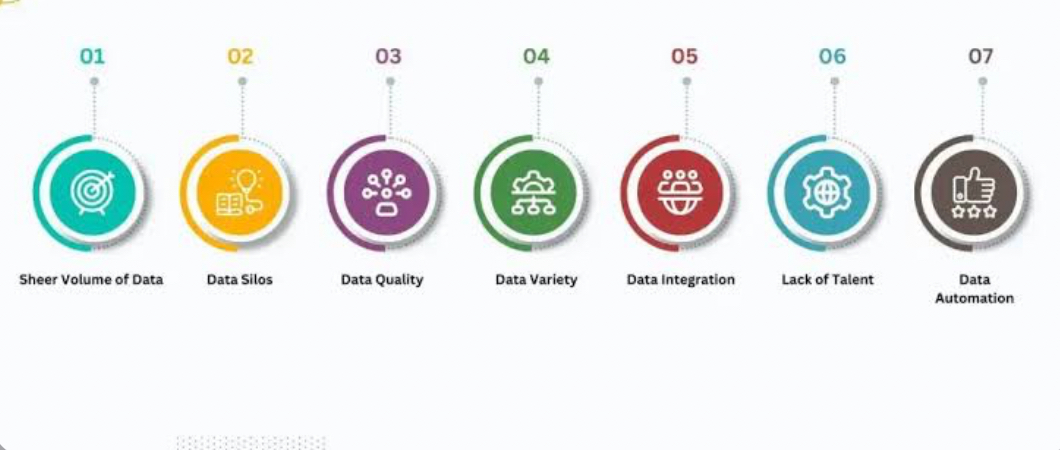
- Technological Infrastructure: Lack of adequate infrastructure in schools, especially in rural areas, hinders effective implementation of data-driven initiatives.
- Data Privacy and Security: Increased data collection and storage heightens the risk of data breaches and misuse.
- Capacity Building: Continuous training, professional development, and the provision of resources are crucial for improving data practices.
- Resistance to Change: Stakeholders may resist adopting new technologies due to a lack of understanding, a fear of workload, or concerns about data privacy. Effective communication, training, and incentives are essential for successful implementation.
Way Forward for Improving Data Practices in India's Education System
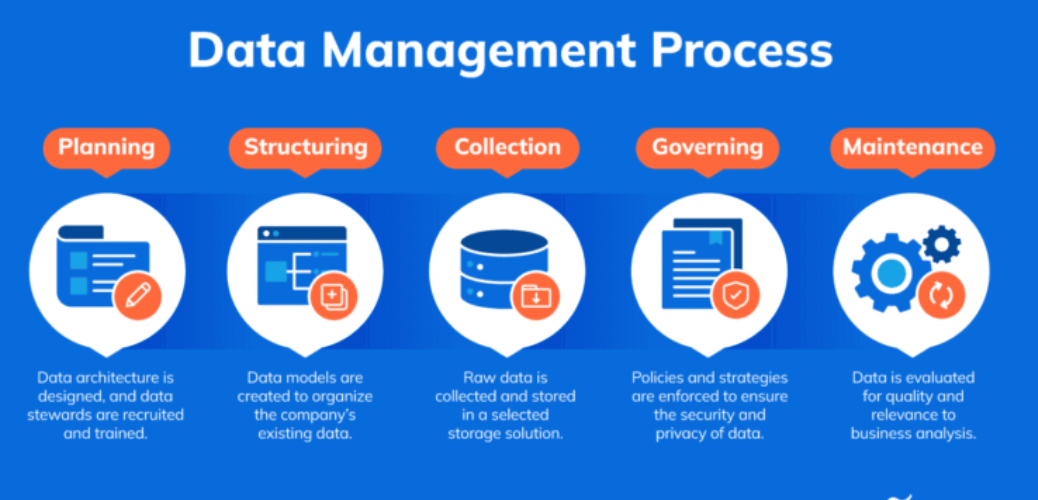
Strategic planning and implementation
- Develop a clear, collaborative plan with all stakeholders.
- Implement the plan through coordination, collaboration, and continuous monitoring.
Policy Reforms
- Develop data protection regulations, allocate resources for technology and training, and establish accountability mechanisms.
- Prioritise data-driven decision-making and invest in infrastructure and capacity building.
Public-Private Partnerships
- Collaborate with technology companies, research institutions, and NGOs for access to expertise and innovative solutions.
- Encourage the growth of data-driven tools and platforms.
Community Engagement
- Involve parents, students, and local communities in data collection and decision-making.
Continuous Improvement
- Identify challenges, assess progress, and make necessary adjustments.
- Foster a culture of continuous improvement, learning from successes and failures.
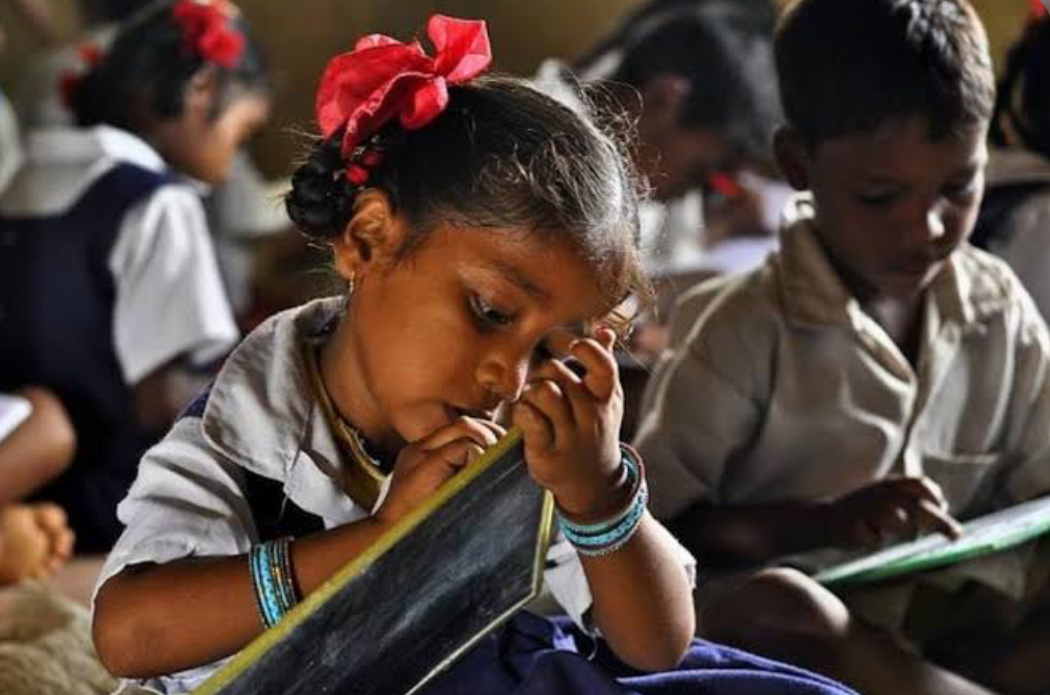
Conclusion
To improve educational outcomes, India's education system requires a transformation in data practices. We must address the current challenges of fragmentation, manual processes, the digital divide, and data privacy risks through a comprehensive and strategic approach. By implementing the recommendations outlined in the report by the Aapti Institute and Mozilla, India can develop a robust data ecosystem that supports evidence-based decision-making, transparency, and accountability. This will ultimately lead to improved educational outcomes for all students. While the journey towards better data practices is complex, the potential benefits make it a worthwhile endeavour that requires the collective effort of all stakeholders.
Image Source: Multiple Agencies
Inputs from Agencies
© Copyright 2024. All Rights Reserved Powered by Vygr Media.














